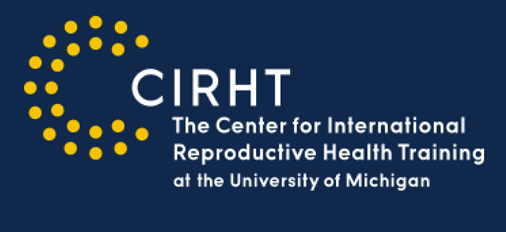Speaker
Description
Author: Auma Anna Grace, Apili Felister, Madira Emmanuel, Izaruku Ronald
Affiliation: Lira University, Faculty of Nursing and Midwifery
Abstract
Introduction: The largest contributor to maternal mortality and Morbidity in Uganda is the third delay, women spend about 90 minutes waiting time before the initial assessment, WHO recommends 10 minutes. A significant number of complications occur as a result of delays in decision-making at the facility, Obstetric triage is a better place to Prioritize patients according to the urgency of need. We established a formal Obstetric Triage system at Lira Regional Referral Hospital and tested its effectiveness in reducing the facility waiting time, and maternal and improved satisfaction with care.
Methods: The study was a quality improvement initiative that employed a quantitative method of data collection. we used the Maternity Acuity Triage Scale (MATS) to triage pregnant women attending the Maternity unit of Lira Regional Referral Hospital and followed them up until discharge. the study protocol was approved by Lira University Research Ethics Committee, and administrative clearance was given by LRRH, Data was collected on sociodemographic, pre-intervention waiting time, intervention phase waiting time, and patient satisfaction with care, using a structured checklist, questionnaire, and Likert scale, respectively. Data was analyzed using SPSS version 25.
Results: Of the 900 women triaged, 80.2% spent 5 to 15 minutes waiting before the initial evaluation, and 76.5% of the participants spent 10 to 15 minutes before the intervention. During the 5 months of intervention, the unit registered no maternal death, 2 perinatal deaths compared to 16 perinatal deaths pre-intervention, and 3 babies were born with Birth asphyxia compared to 36 birth asphyxia pre-intervention. We admitted 158 women with severe pre-eclampsia referred from a lower facility, but none of them developed Eclampsia. The majority (92%) of participants were satisfied with the care they received, they described the health care team as being welcoming, approachable, and having time for them, they described the unit as clean, organized and the flow of care as easy to follow, they described the time spent at the facility as being shorter than expected and yet they received the kind of care they wished for.
Conclusion: The Obstetric Triage Protocol in place can improve maternal and perinatal outcomes by reducing facility waiting time (Third Delay), it is imperative that prioritizing women according to the urgency of need will improve the health outcomes of women and their newborn babies.


